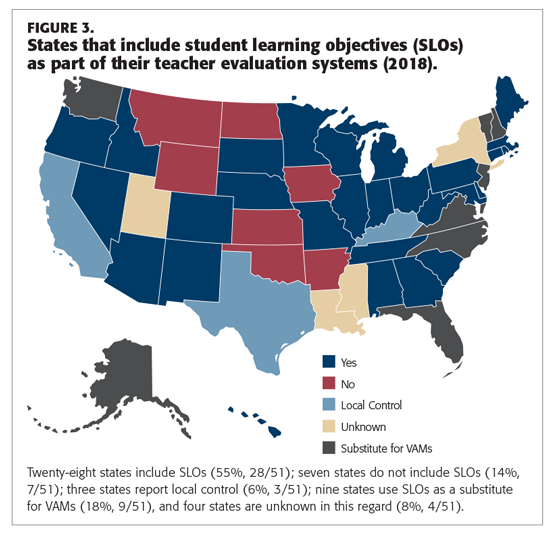Code Acts in Education: Psychodata
‘Social and emotional learning’ (SEL) has become one of the most active topics in education policy and practice over the last few years. At an international scale, the OECD is about to run its new Study on Social and Emotional Skills for the first time this month, in its bid to produce policy-relevant comparative data on different nations’ ‘non-cognitive’ capacity. Nationally and regionally, government education departments have begun to endorse SEL as a key priority. At classroom level, teachers are using SEL-based edtech devices like ClassDojo, Panorama and HeroK12 to observe students’ social-emotional learning, twinned with tasks such as ‘emotion diaries’, ‘managing your emotions’ posters, and self-assessment scales for children to rate their emotions.
How should we understand this SEL explosion? In a new research article entitled ‘Psychodata‘, just published in Journal of Education Policy, I argue that SEL is a good case of a ‘policy infrastructure’ that is currently in-the-making, and that its main objective is the construction of ‘data infrastructure’ for the measurement of students’ social-emotional skills. The article presents my attempt to ‘disassemble’ the statistical, psychological and economic infrastructure of social-emotional learning into some of its main constituent parts.
Policy & data infrastructures
By policy infrastructure I mean all the various organizations, forms of expert knowledge, concepts, techniques and technologies that all have to be brought together to make any policy area operational. Psychology, economics and statistics–which include people, knowledge, devices, practices and techniques–are key aspects of SEL policy infrastructure. And by data infrastructure I mean the technologies, modes of quantification, actors and desires that have to be assembled together for large-scale measurement–the system of data collection, analysis and presentation. In fact, I argue that the construction of data infrastructure is making social-emotional learning possible to conceive and enact as a key policy area. A policy infrastructure, in this sense, to a large extent is its data system.
By policy infrastructure I mean all the various organizations, forms of expert knowledge, concepts, techniques and technologies that all have to be brought together to make any policy area operational. Psychology, economics and statistics–which include people, knowledge, devices, practices and techniques–are key aspects of SEL policy infrastructure. And by data infrastructure I mean the technologies, modes of quantification, actors and desires that have to be assembled together for large-scale measurement–the system of data collection, analysis and presentation. In fact, I argue that the construction of data infrastructure is making social-emotional learning possible to conceive and enact as a key policy area. A policy infrastructure, in this sense, to a large extent is its data system.
Social-emotional learning sounds like a progressive, child-centred agenda, but behind the scenes it’s CONTINUE READING: Code Acts in Education: Psychodata | National Education Policy Center













